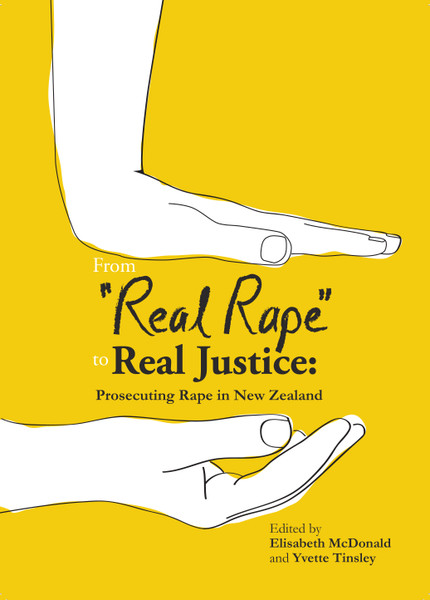Hide Description- Show Description+
November 2011
For more than 35 years, those working in the New Zealand criminal justice system have been concerned about the experience of women victims of sexual violence who testify in court as complainants. Many changes introduced in 1986 impacted positively on the experience of complainants in cases of sexual offending. Others have been less successful in their implementation. Although academics, lawyers, judges and community workers continued to express concern about the low reporting and conviction rates in sexual cases, it was not until a high profile case in 2006 that the public became engaged and two successive governments were compelled to act.
In the Bay of Plenty in New Zealand in the mid-1980s a number of young women claimed they were gang-raped by three police officers. Although complaints were made at the time, no action was taken until a journalist highlighted the issue in 2004. In March 2006, the three men were acquitted of raping one of the women. Public concern about the case initially centred on the fact that the jury were not told that two of the accused had been convicted of raping another of the young women.
The Government responded by setting up a Taskforce for Action on Sexual Violence. It was followed by a two-year research project into sexual violence against adults in New Zealand funded by the Ministry of Womens Affairs, in partnership with the Ministry of Justice and the New Zealand Police. Both pieces of research identified the need for further consideration of the prosecution process.
The authors, funded by the New Zealand Law Foundation, worked in collaboration with the Law Commission to research possible reforms of the pre-trial and trial processes in cases of sexual offending. This book is the result of extensive investigation into overseas and local practices and recommends changes to the current system, some of which draw on models from civil law (sometimes referred to as inquisitorial) jurisdictions.






